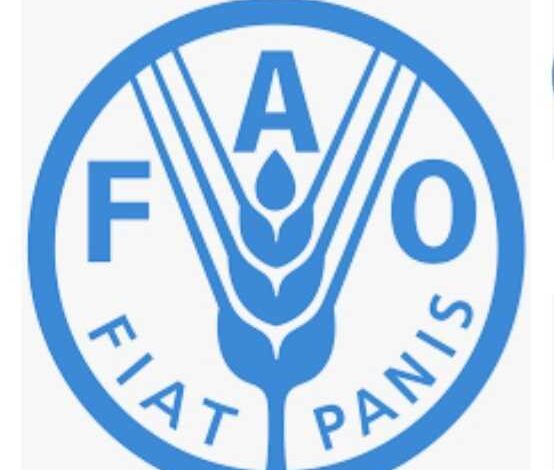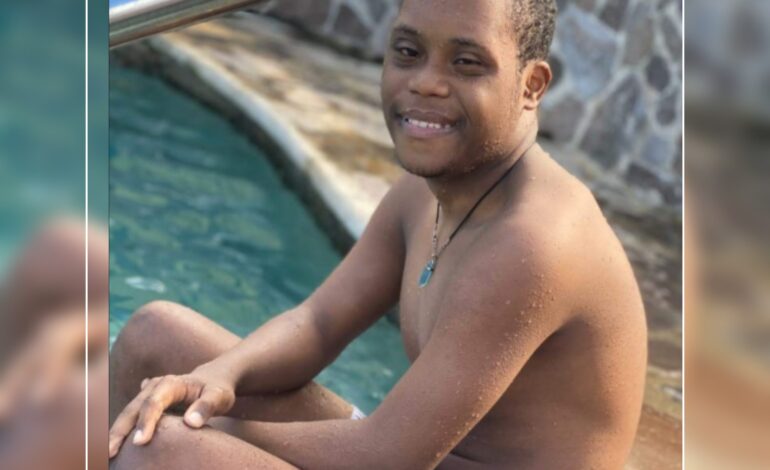
28 June, 2021, Bridgetown, Barbados – Seafood products are among the most widely traded food commodities in the world, with estimated trade value of around USD 149.4 billion for 2020 according to the Food and Agriculture Organization of the United Nations (FAO)’s Food Outlook publication dated June 2021. The growing global demand for seafood products has tremendous potential to benefit developing countries, whose share of seafood exports represents more than half of the global total in both volume and value. However, Illegal, Unreported and Unregulated (IUU) fishing, which accounts for 20 percent of the world’s total catch and can be up to 40 percent in the coastal waters of some developing countries, undermines the environmental, social and economic sustainability of capture fisheries and the food security of countries dependent on them.
In its efforts to address the threat of IUU fishing, FAO in collaboration with the Centre for Information and Advisory Services on the Marketing of Fishery Products in Latin American and the Caribbean (INFOPESCA), will facilitate a regional capacity-building workshop on “National and Regional Good Practices in Seafood Traceability in the Caribbean to Combat IUU Fishing” which will take place on 30th June – 2nd July 2021 in a virtual environment. The purpose of the workshop is to provide training to fisheries officials of FAO member countries in the Caribbean, as well as representatives from relevant regional fisheries management organisations (RFMOs) and regional fisheries bodies (RFBs) on the use of innovative traceability related tools to fight against IUU fishing.
The Caribbean islands are strongly dependent on capture fisheries resources, which represent a significant contribution to the livelihoods of coastal communities, export earnings, domestic consumption and food security. The sustainable management of this valuable natural resource, as well as ensuring food safety and quality, entails the application of effective seafood traceability systems, which allow producers, processors, exporters and end consumers to follow the resource from harvest to final use throughout the complex seafood value chain.
Seafood traceability standards have been established in the past by food safety and quality control initiatives such as seafood HACCP and WTO Sanitary and Phytosanitary Agreement. However, major markets such as the European Union and the United States of America have adopted legal requirements in order to stop entry of IUU fishing products into their markets, but these may require modifications to existing national traceability systems. In order to ensure the legality of capture fisheries and guarantee market access for their commodities, developing countries, including Small Island Developing States, are required to provide their fisheries sector with reliable domestic traceability, legislation and enforcement.
The workshop will also seek to assist governments and RFMOs in the development of traceability systems through capacity building, knowledge sharing and experience exchange. It will raise the awareness of participants on the supply chain entry points for IUU products and explore the means to strengthen these weaknesses. The workshop will be facilitated by FAO and international experts familiar with the various dimensions of traceability for food safety and in combating IUU fishing, global and regional instruments and other market-based measures to prevent IUU fish from entering seafood value chains. The FAO training facilitators will include Marcio Castro de Souza, Senior Fishery Officer, Esther Garrido Gamarro, Fishery Officer (food safety and quality), Yvette Diei Ouadi, Fishery and Aquaculture Officer and the Secretary of Western Central Atlantic Fishery Commission (WECAFC), Nada Bougouss and Francisco Blaha, FAO Fish Value Chain and Traceability Experts.
The upcoming workshop will attract 28 participants from 8 Caribbean countries including Bahamas, Barbados, Belize, Dominica, Jamaica, Saint Lucia, Suriname, Trinidad and Tobago, in addition to the Caribbean Regional Fisheries Mechanism (CRFM).
Yvette Diei Ouadi, Fishery and Aquaculture Officer and the Secretary of Western Central Atlantic Fishery Commission (WECAFC) stated, “The timeliness and importance of this workshop cannot be over-estimated for the Caribbean region, a context where IUU fishing is considered a major threat to the fishing industry and connected sectors such as the tourism sector which has significant demand for seafood and driving impoverishment of legitimate fishers. In aiming for enhanced traceability, legality and sustainability of responsibly sourced fish and increased market access, the workshop is paving the way for improved returns for the value chain actors, wellbeing and food and nutrition security of the population as a whole”.
The National and Regional Good Practices in Seafood Traceability in the Caribbean to Combat IUU Fishing is the third workshop in a series of regional workshops organised by FAO, preceeded by similar capacity building activities in Asia in 2016 (Kochi, India) and Africa in 2018 (Casablanca, Morocco). Accordingly, the agenda will build on lessons learnt from the latter and make use of the FAO Good Practice Guidelines on national seafood traceability systems .






